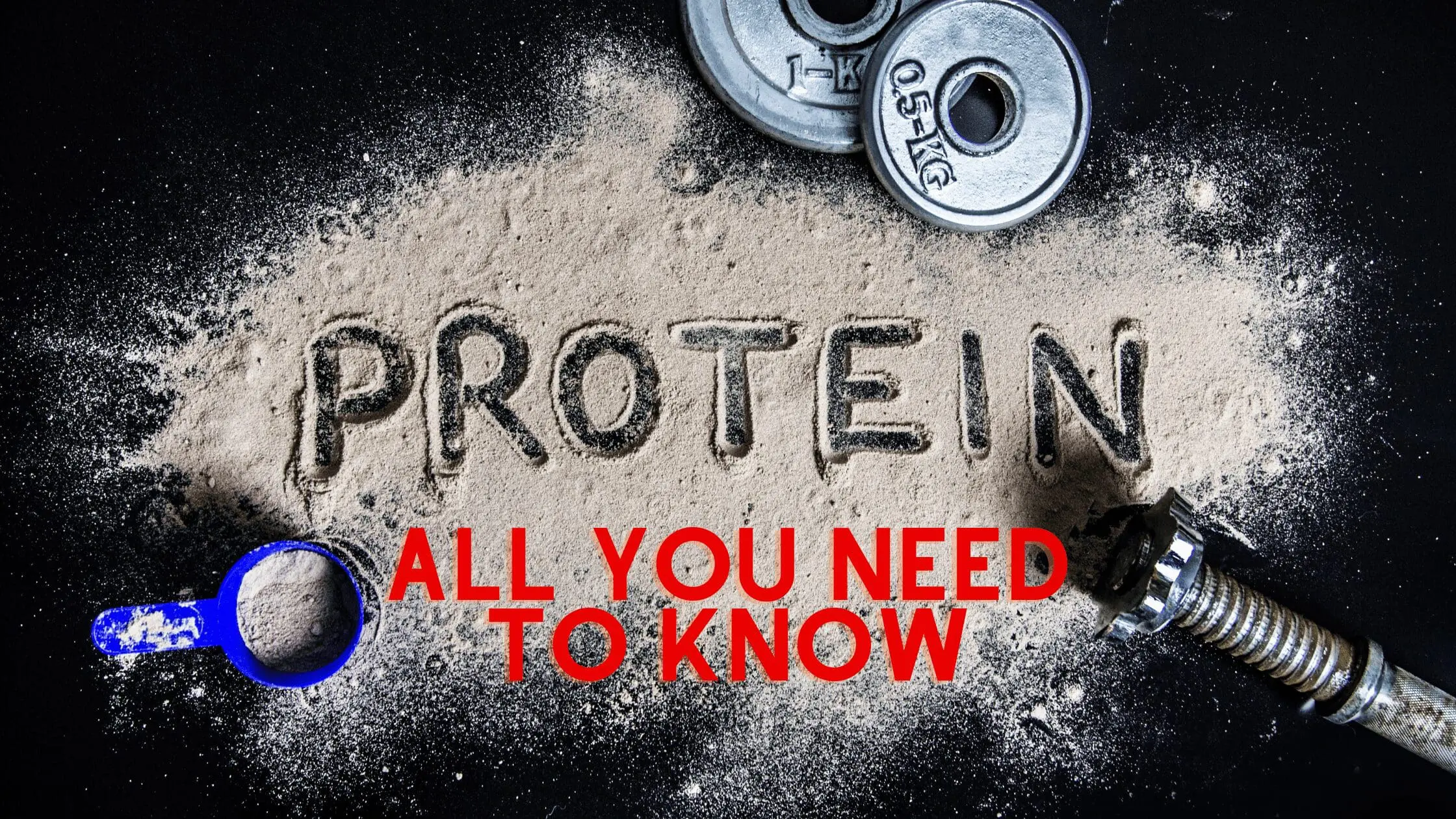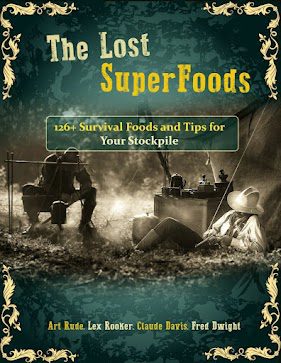Protein is without a doubt one of the most discussed nutrients we get from food on a daily basis.
There have been many debates and myths surrounding this nutrient, so in this article, our goal will be to tell you more about everything you NEED to know regarding protein.

Is Protein The Most Important Nutrient?
The word “Protein” comes from the Greek word “Protos” meaning “first/primary” and that in and of itself should speak about the importance of protein.
Even more so, if you look into biology, most of the body was made out of protein, including muscle tissue, enzymes, hormones and others.
Now, when it comes to ESSENTIAL nutrients, there are two of them – Protein & Fats.
Protein and fats provide essential amino & fatty acids, respectively, which the body needs but cannot produce on its own.
This is why deficiency in those nutrients can lead to unwanted side effects, such as low libido, poor recovery, worsened hormonal function, brain fog and others.
How Much Protein Do I Need?
The widely recommended protein intake has circled around 1 gram of protein, per pound of bodyweight, per day.
In other words, if you weigh 180 lbs, you’d need roughly 180 grams of protein per day.
However, this appears to be more relevant for actively training individuals that hold more lean body mass.
In other words, if you don’t really hit the gym very often, you’d need about 0.6-0.8g of protein per lb of bodyweight, to sustain health and optimal functioning.
On the other hand, if you are very active and use your muscles, you’d be closer to 1g of protein per lb of bodyweight.
What Are The Best Sources Of Protein?
If there is one thing to know, that is namely the fact that not all proteins were made the same!
Proteins are made up of amino acids – There are a total of 20 amino acids and 9 of them are essential.
On top of that, each food provides protein that is digested, absorbed and retained differently.
Based on the amino acid profile, as well as other properties like the ones we just mentioned, each food can be rated in terms of bioavailability.
The bioavailability is a fraction of a nutrient in certain foods, that is absorbed and used.
The things that change the biological value of foods are their chemical form, interactions with other compounds, as well as individual physiological responses to food.
Here’s the punchline…
Animal products appear to be of the greatest biological value for the human body!
These are the foods that provide all essential amino acids, along with healthy fats and a multitude of vitamins.
Nevertheless, mass-production of animal products implies unnatural growth, where the animals don’t have enough room to run freely and are fed with processed, low-quality animal foods.
For this reason, we have put up a list of the BEST animal sources of protein:
- Grass-fed beef
- Wild-caught salmon
- Free-range chicken
- Pork
- Cheese & Other dairy
- Eggs
Most of these foods are saturated with quality protein, meaning that you will need just a couple of portions to meet your daily needs!
What If I’m Plant-Based?
As we mentioned, animal foods are the only products that contain the full set of essential amino acids, along with the greatest bioavailability.
Plant foods unfortunately lack one or more essential amino acids and take up a lot of space in the stomach, for little caloric value.
Nevertheless, if you’ve decided to not eat meat, your best bet would be to combine different plant products, in order to compensate for their lacking nutrients.
Here are some of the best plant-based protein sources:
- Lentils
- Beans
- Other legumes
- Cashews
- Almonds
- Edamame
- Tahini
- Peanut butter
- Peas
- Macadamias
In combining those, you will be more inclined towards providing sufficient amounts of protein for your body, on a daily basis!
Protein Timing
Now here’s for a brief mention – If you want to further optimize your protein intake and how it’s being used, try timing it to your workouts.
Have a solid protein feeding 2 hours before your workout, and then within 2 hours AFTER the workout.
This will give you a slight boost in terms of the constructive, anabolic processes that happen after the workout.

Conclusion
Protein is a powerful nutrient that keeps us healthy, alive, well and recovered, which is why, you just can’t ignore it!
Place quality, protein-rich products at the core of your daily nutrition and you will see the difference for yourself!
Focus on quality-fed meats, along with some dairy and eggs, and if you are a plant-based eater, just stick to grains, legumes, nuts and seeds!






























